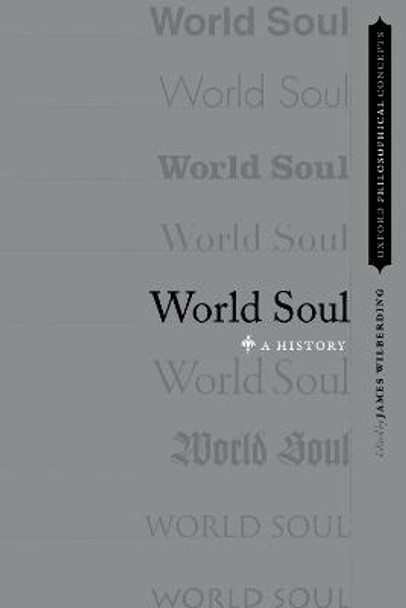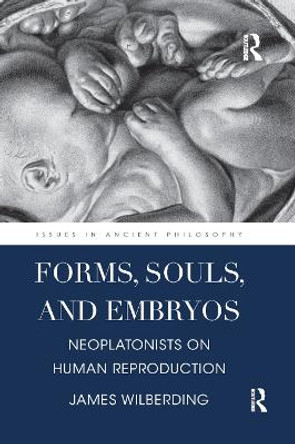Many philosophers and scientists over the course of history have held that the world is alive. It has a soul, which governs it and binds it together. This suggestion, once so wide-spread, may strike many of us today as strange and antiquated--in fact, there are few other concepts that, on their face, so capture the sheer distance between us and our philosophical inheritance. But the idea of a world soul has held so strong a grip upon philosophers' imaginations for over 2,000 years, that it continues to underpin and even structure how we conceive of time and space. The concept of the world soul is difficult to understand in large part because over the course of history it has been invoked to very different ends and within the frameworks of very different ontologies and philosophical systems, with varying concepts of the world soul emerging as a result. This volume brings together eleven chapters by leading philosophers in their respective fields that collectively explore the various ways in which this concept has been understood and employed, covering the following philosophical areas: Platonism, Stoicism, Medieval, Indian or Vedantic, Kabbalah, Renaissance, Early Modern, German Romanticism, German Idealism, American Transcendentalism, and contemporary quantum mechanics and panpsychism theories. In addition, short reflections illuminate the impact the concept of the world soul has had on a small selection of areas outside of philosophy, such as harmony, the biological concept of spontaneous generation, Henry Purcell, psychoanalysis, and Gaia theories.
About the AuthorJames Wilberding is Professor of Ancient and Contemporary Philosophy at the Humboldt University in Berlin, Germany. His main areas of research concern Plato and the history of Platonism, especially in its intersection with medicine and the natural sciences. His publications include Forms, Souls and Embryos: Neoplatonists on Human Reproduction (Routledge, 2016) and Plotinus' Cosmology (Oxford University Press, 2006).
Book InformationISBN 9780190913434
Author James WilberdingFormat Paperback
Page Count 408
Imprint Oxford University Press IncPublisher Oxford University Press Inc
Weight(grams) 476g
Dimensions(mm) 210mm * 241mm * 25mm






